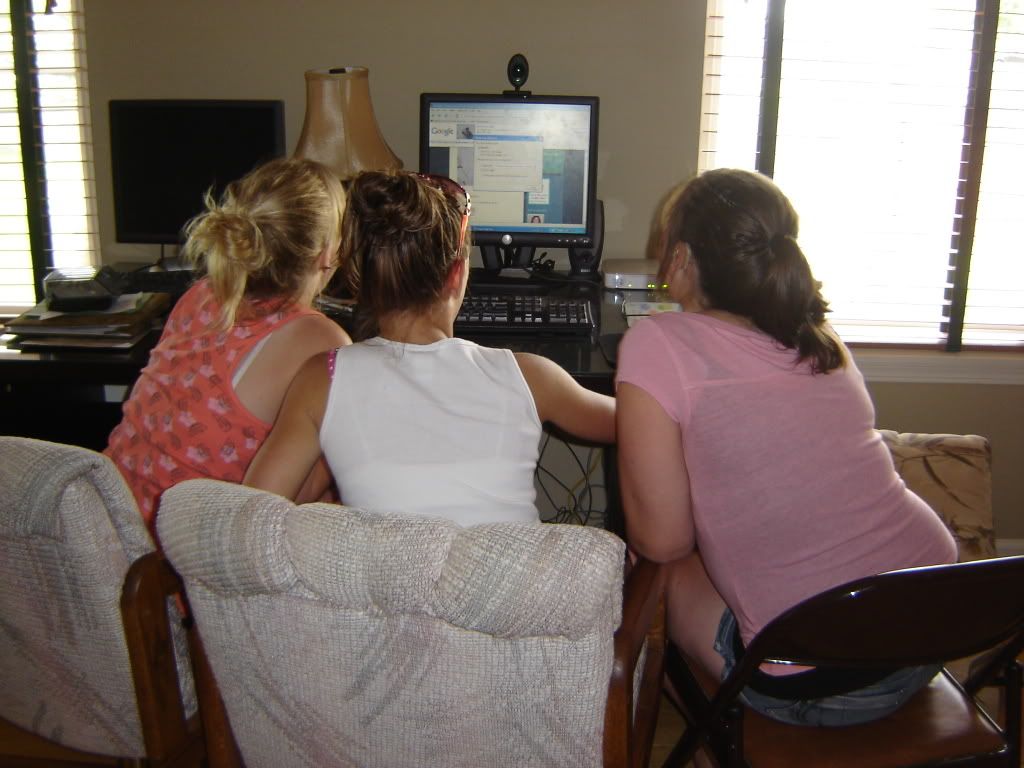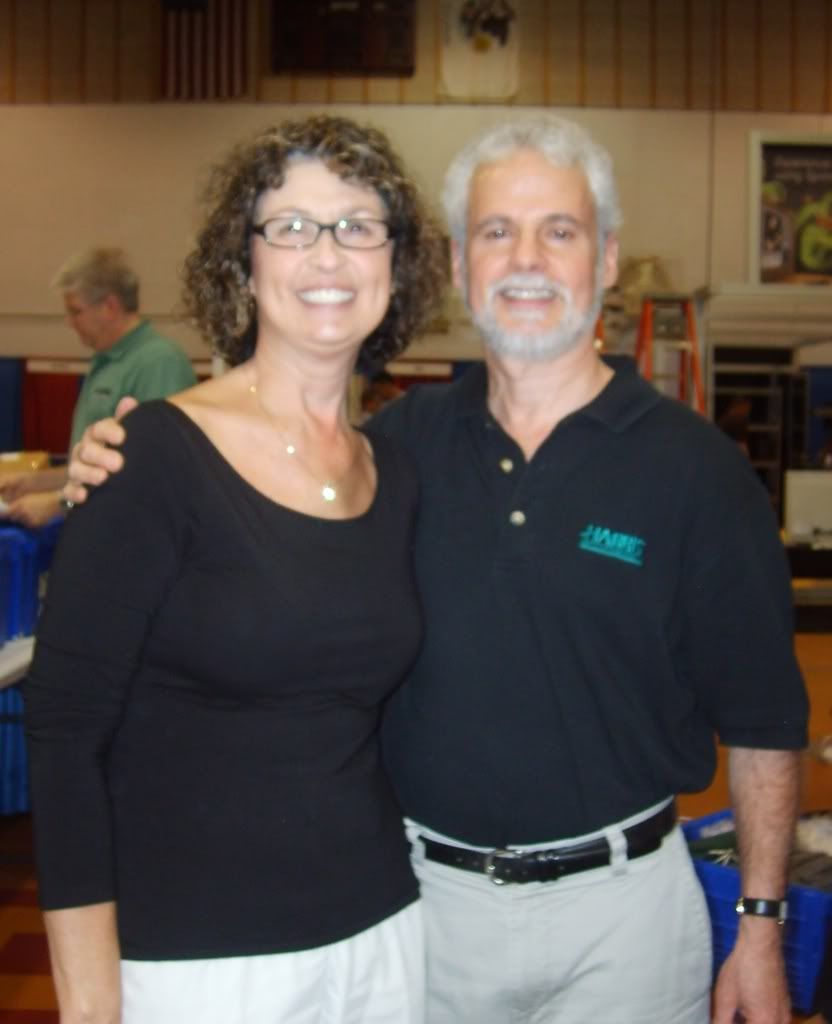“My son has some issues with being hard of hearing,” a mom recently shared with me. I glanced at her son. He seemed ill at ease.
I nodded.
And I understood.
Because you see, I was in that kid’s shoes many years ago. I grew up hard of hearing and when I received a hearing aid at the age of nine, I rebelled. I didn’t want anything to do with it. Frankly, I didn’t need it. I was fine, thankyouverymuch.
I wore it during school hours, partly because I was told that I had to and partly because it made things louder, not necessarily clearer–but louder. I was embarassed about that hearing aid. I hated it. I hid it. That piece of plastic reminded me that I was different from my peers. That I stood out. So I did my best to blend in. I wore my hair down. I smiled and nodded and laughed along with jokes and conversations that I either caught snippets of or had no clue at all what was being said. When confronted with the idea that I was hard of hearing, I responded with, “Oh, sometimes I can’t hear what you say.” Never mind that I was lipreading to comprehend conversation, as I had little ability to understand words via auditory means alone.
So I understood where that mom was coming from, and I understood that feeling of being uncomfortable. I wrote about Embracing the Identity of Being Deaf or Hard of Hearing previously. Ironically, just this weekend, I came across two articles that talk about learning to accept being hard of hearing:
From Mail Online/Disability Alert, Liz Jones shares her experience of finally labeling her hearing loss and coming to terms with it:
I received some bad news two weeks ago. After years of refusing to accept I had a problem with my hearing, I finally decided to go to a clinic and find out the worst, which is that I have, at best, 30 per cent hearing in each ear.
It was weird, hearing (if that’s the right word) that I am officially disabled or impaired.
But I suppose I can at last tell people I am hard of hearing – which hopefully they will understand and make allowances for – rather than doing what I have been doing up until now, which is to try to appear normal.
This has only made people – friends, colleagues on the phone, shop assistants and so on – think I am merely mad, rude or eccentric.
I first noticed I had a problem at school. I could barely follow what the teachers were saying, although they never seemed to notice.
I avoided parties and school discos because I could never join in the conversation. I would just stand there looking awkward.
Over at the Dallas News, Jeanna Mead shares her experience of “coming out of the closet” about being hard of hearing:
This is a hard column to write – I have to let go of years, decades, of hiding my hearing loss, and now I am about to “come out of the closet,” so to speak. I am hearing-impaired, practically deaf – but that is only part of the story.
That is not who I am; I define myself by so many other things, and way, way, way down on the bottom of the list is “hearing impaired.”
I lost my hearing when I was 4, which explains why my speech is so good, but I have to give credit where credit is due; my Mema worked tirelessly to coach me to speak correctly, holding my hand to her throat while repeating words over and over until I could say them the right way.
It wasn’t until I was an adult that I realized there were hearing people in this world who could not pronounce Mexia, Rowlett, Louisiana, Tawakoni or even “congratulations.”
Getting comfortable being deaf and hard of hearing is often a journey and over at Tania Says, Tania Karas shares a life-changing day that occured when she stepped into a deaf classroom for the first time:
Hale has a pretty big deaf program, spanning from preschool until 8th grade. The students have a wide range of hearing loss. All use sign, but all use their voices as well. The classrooms are unbelievably deaf-friendly; there is one teacher for every 3-4 students, a combination of sign and speech, resource and speech pathology teachers, and a whole bunch of kids who just understood each other. I had never seen a deaf classroom before, so this was all like a dream world to me. Communication just flowed so seamlessly, much unlike the constant confusion I have encountered all my life in mainstream/”hearing” classrooms.
But what got me the most was that these kids were happy. They had crazy-colored ear molds and bright cochlear implants on display for the whole world to see. The philosophy behind the instruction at Hale was to take pride in one’s deafness. The students’ hearing loss was just a small part of their vibrant personalities – when I saw them in class, I didn’t think “deaf kids,” I thought “happy kids.” And I kinda wanted to be like them.
And that’s what I wish for every deaf and hard of hearing child or adult– to become so comfortable with being deaf or hard of hearing that you’re happy as well.

 As I was driving home from the mall today, I watched the six kids in the back as they chatted with each other. The two high school boys were conversing using mostly their voice, with some signs thrown in. The three girls were animatedly using American Sign Language. Eyebrows arched, shoulders shrugged and cheeks puffed as they skipped through conversations about residental school, camp and their plans for the night.
As I was driving home from the mall today, I watched the six kids in the back as they chatted with each other. The two high school boys were conversing using mostly their voice, with some signs thrown in. The three girls were animatedly using American Sign Language. Eyebrows arched, shoulders shrugged and cheeks puffed as they skipped through conversations about residental school, camp and their plans for the night. On Saturday morning, we headed up to Busse Woods for the annual
On Saturday morning, we headed up to Busse Woods for the annual  WSAD has a special place in my heart. I played volleyball for the WSAD team for many years. I became the secretary and then the first woman president of the club back in the early ’90s. Today, the club is run by another woman president, Julia Anderson, who is also featured on my other blog:
WSAD has a special place in my heart. I played volleyball for the WSAD team for many years. I became the secretary and then the first woman president of the club back in the early ’90s. Today, the club is run by another woman president, Julia Anderson, who is also featured on my other blog: 
 ions roll.
ions roll.  We headed home to throw brats in the oven and hot dogs on the stove. Our grill was a goner–with two huge, rusted holes and an ignitor that wouldn’t spark. A bunch of friends spent the rest of the evening with us, kicking back together, enjoying the meal and conversation.
We headed home to throw brats in the oven and hot dogs on the stove. Our grill was a goner–with two huge, rusted holes and an ignitor that wouldn’t spark. A bunch of friends spent the rest of the evening with us, kicking back together, enjoying the meal and conversation.  Although I’ve known about
Although I’ve known about